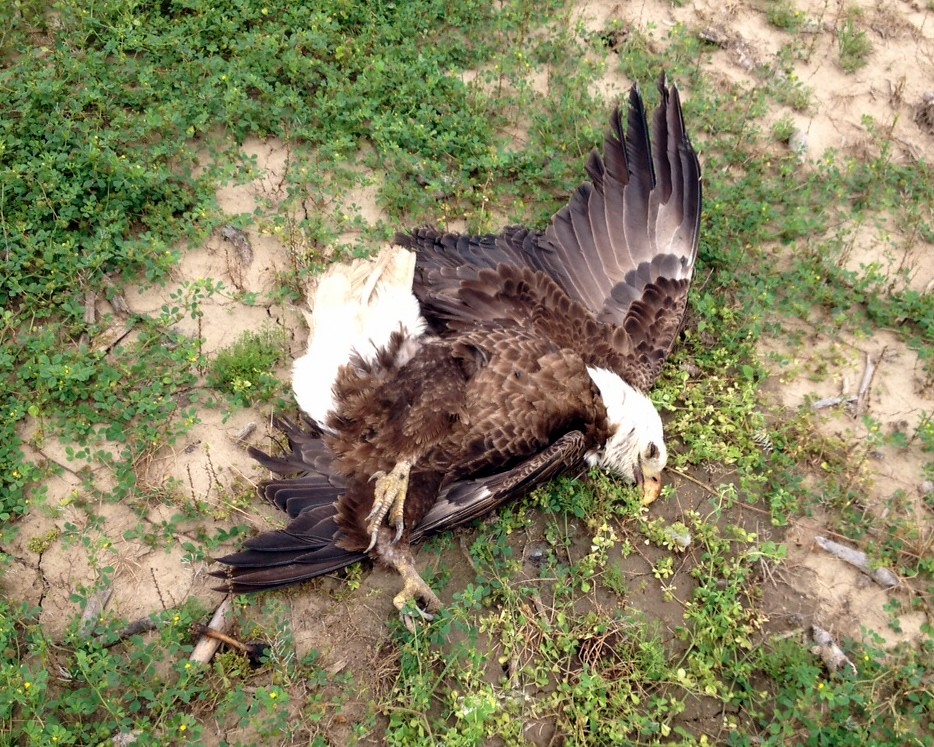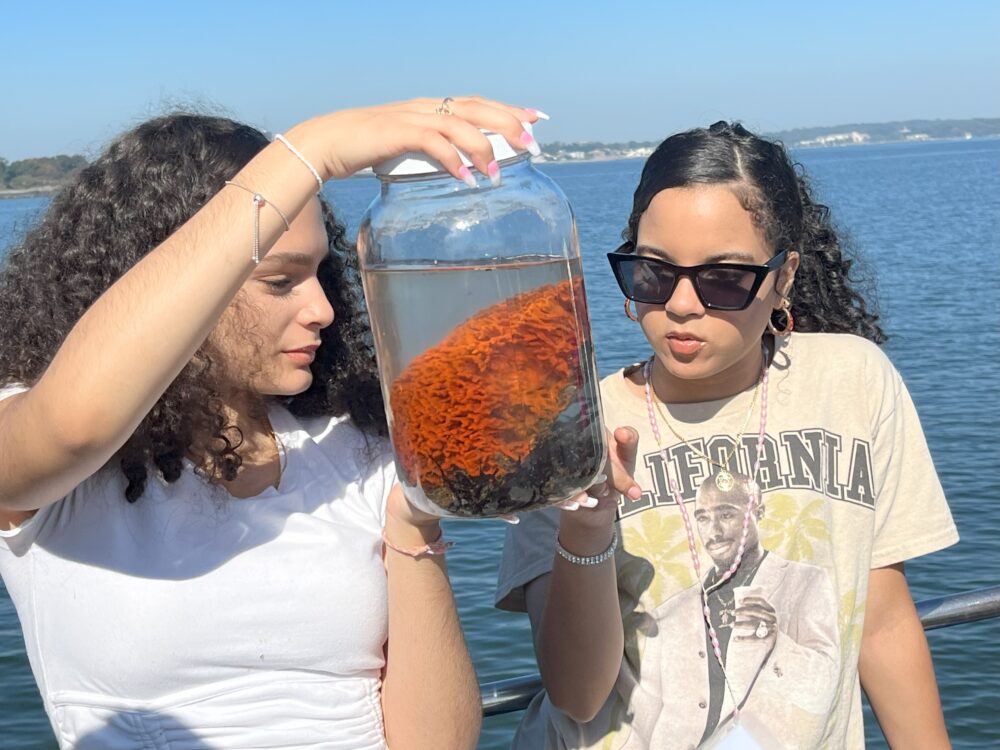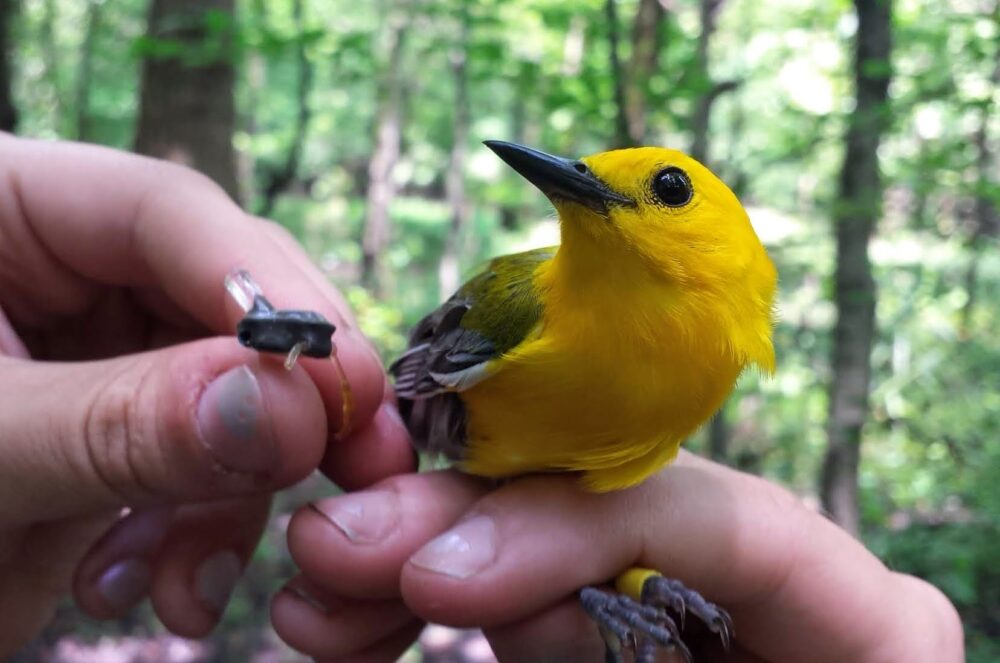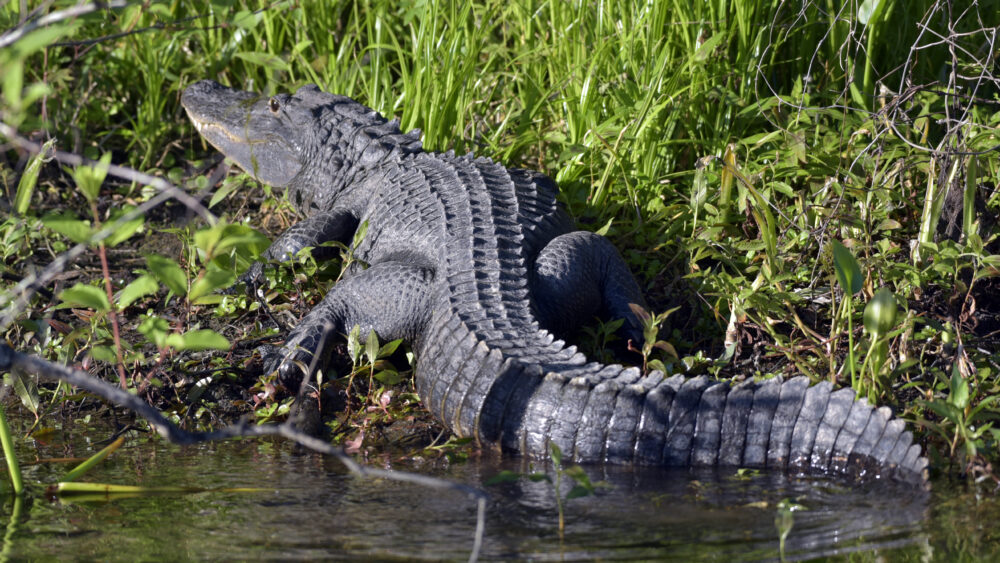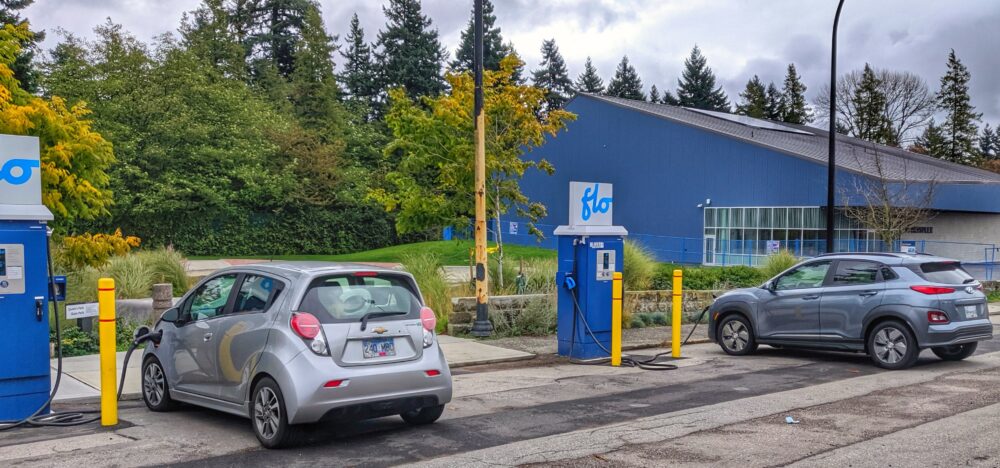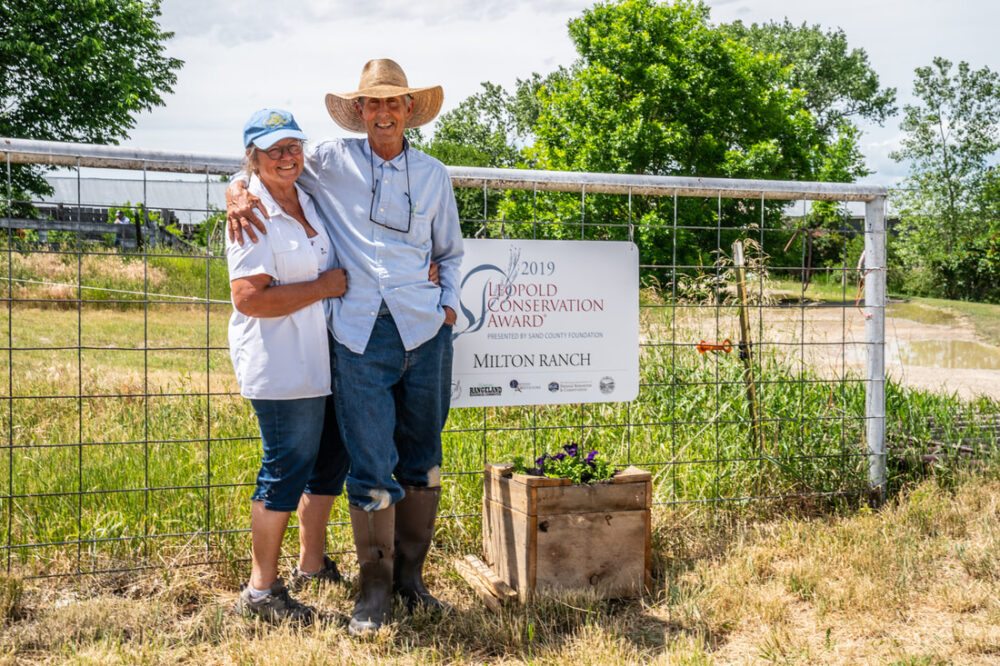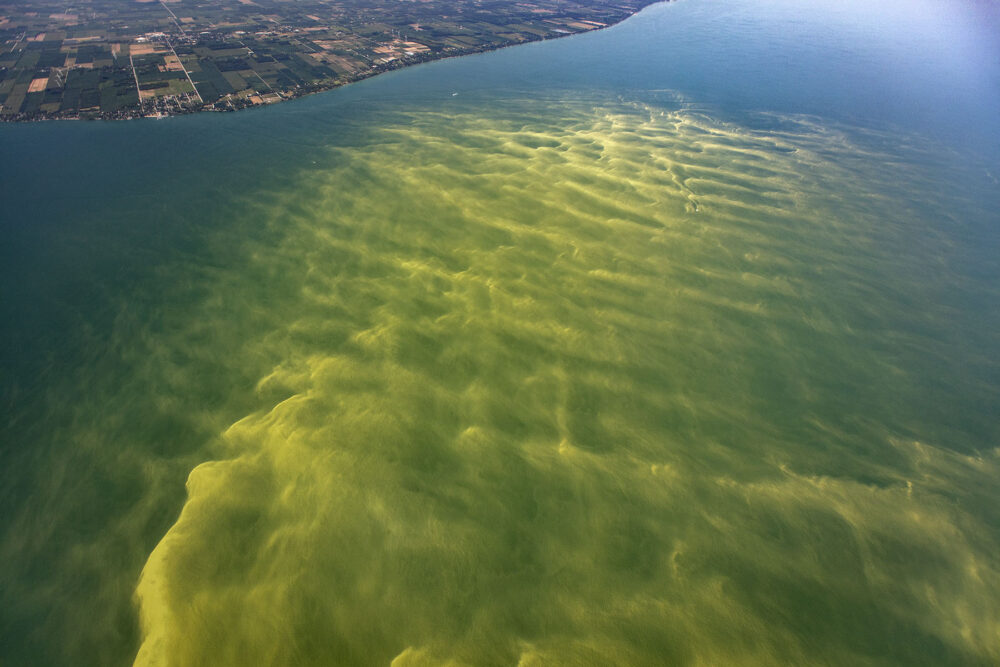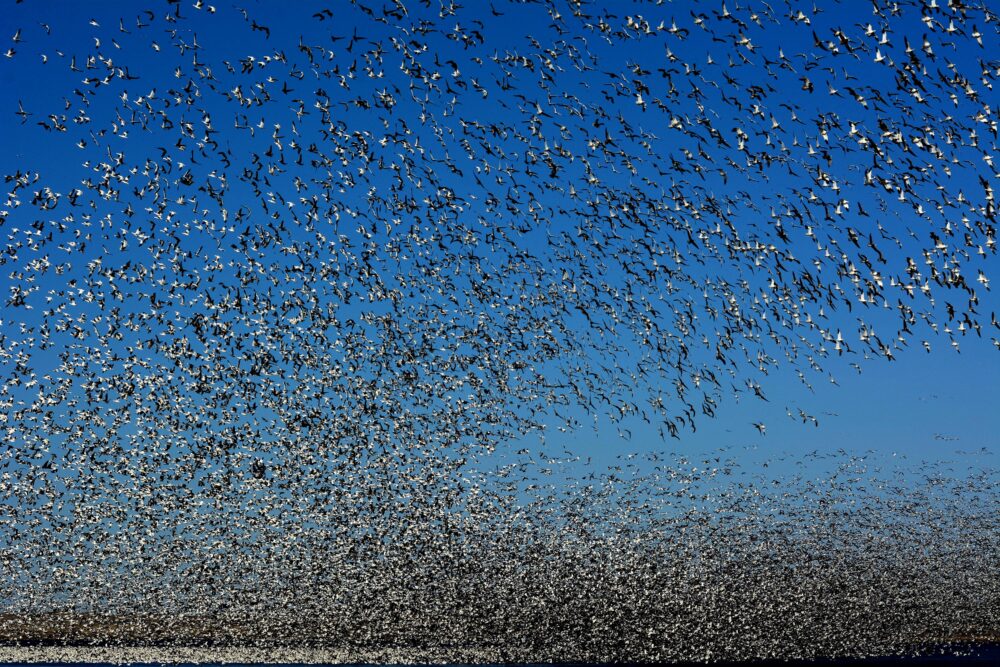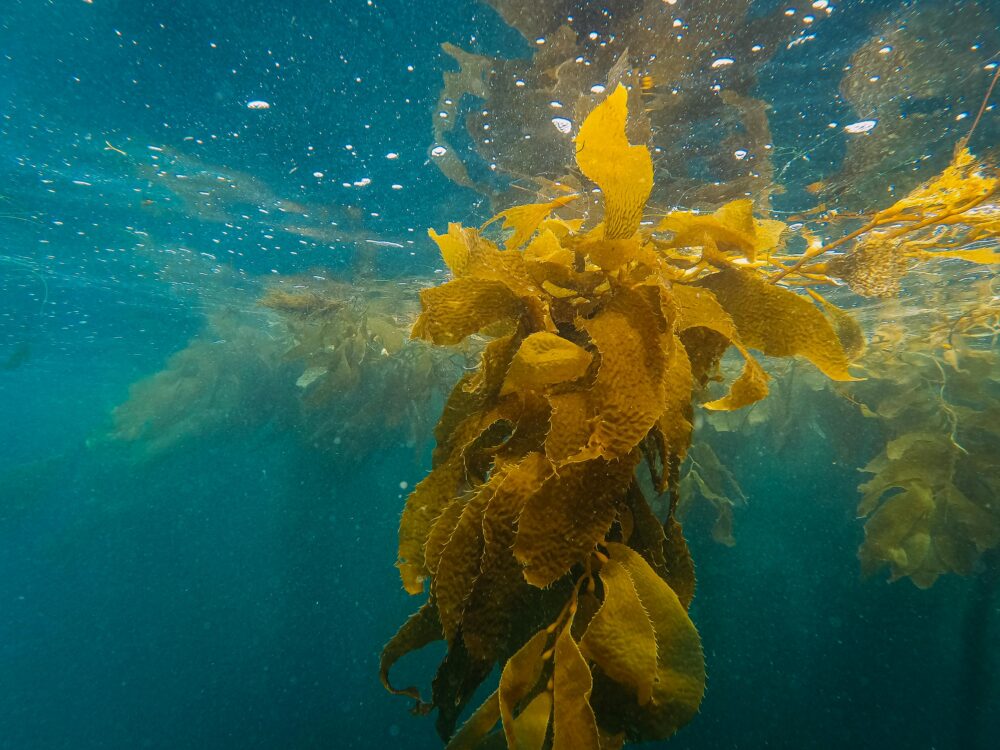We have much more to do and your continued support is needed now more than ever.
The White House’s Illegal Ethanol Boost Would Hurt People and Wildlife

Yesterday, President Trump traveled to Iowa to announce that he is instructing the Environmental Protection Agency to loosen restrictions on selling higher blends of ethanol in gasoline. He, of course, got loud cheers from his audience of corn farmers, and he was effusive in telling the crowd the great thing he is doing to help prop up demand for corn to make ever more ethanol.
What the President didn’t tell his audience, however, is that circumventing the restrictions lodged in the Clean Air Act could likely lead to more smog in places already struggling from poor air quality.
Oh, and that the change is also illegal. Here’s what National Wildlife Federation CEO Collin O’Mara had to say:
“It’s simply not legal under the Clean Air Act to increase the year-round sale of E15 gasoline. If enacted, the change will accelerate the vast damage to our wildlife habitat, drinking water, and air quality caused by current federal biofuels policy.”
Ethanol Waiver Undermines Public Health
The problem is that blending ethanol in gasoline makes the fuel emit more of the gases that form smog, and smog makes health issues like asthma worse – especially for the young and the elderly. That’s why the Clean Air Act restricts the level of ethanol in gasoline to 10 percent of fuel during the summer months. So the higher blend of 15 percent ethanol (known as E15) cannot currently be sold year round.
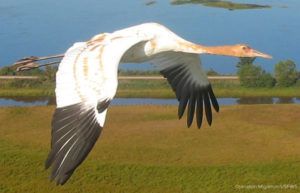
Getting around that blending restriction has long been a priority for the ethanol industry, which wants to be able to sell more of its product. Congress, however, has not gone along with the idea. Just last year, a bill to boost E15 failed to gain the support of the Senate Environment Committee. The National Wildlife Federation was among the groups helping convince senators that worsening clean air and endangering the health of our children was not a fair trade for some additional industry profit.
Having failed in Congress, ethanol supporters have turned to one of their own, President Trump, for help. He committed to supporting the ethanol industry during his presidential campaign stops in Iowa in 2016, and he has promised to make this change repeatedly over the last year. Promises are all well and good, but the fact is that the law retains the limit of 10 percent ethanol, so raising that limit would require Congress to change the law. The EPA itself has reiterated that fact through several regulatory decisions over the last 30 years, a fact of which 20 bipartisan Senators recently reminded the President.
U.S. Biofuels Policy a Disaster for Wildlife
Rather than going through the motions with this illegal gambit, the President should, instead, work with Congress to craft real reform of our nation’s biofuels policy. In addition to threats to human health, the Renewable Fuel Standard that requires ethanol and other biofuels in our fuel supply has been a disaster for the environment.
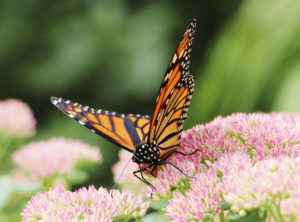
The National Wildlife Federation has been at the front lines of pointing to the loss of wildlife habitat which threatens imperiled species like the monarch butterfly and beloved ones like ducks, whooping cranes, and swift foxes; to deteriorating water quality from farm runoff, contributing to massive algal blooms around the country that kill aquatic species and threaten drinking water supplies; and to worsening climate pollution through industrial inputs and soil carbon loss through land conversion. This June, the EPA confirmed these findings in its landmark report to Congress.
Now is not the time to double down on a failed ethanol policy. Now is the time for leadership and bipartisan work to protect human health, wildlife, and rural economies in a real way.
TAKE ACTION: Tell your members of Congress to support more sustainable biofuels by cosponsoring the GREENER Fuels Act.
Take Action
